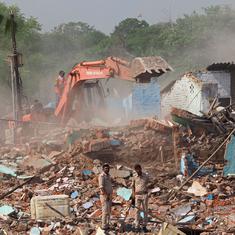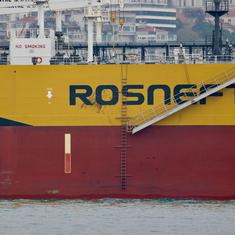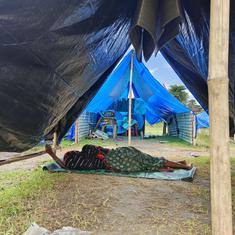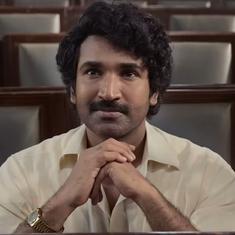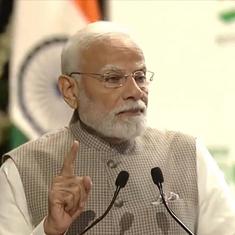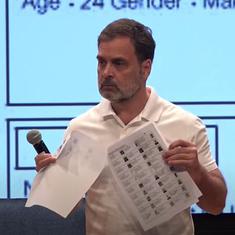Rush Hour: Congress questions Modi on security, US and China agree to reduce trade tensions & more
Become a Scroll member to get Rush Hour – a wrap of the day’s important stories delivered straight to your inbox every evening.

We’re building a brand-new studio to bring you bold ground reports, sharp interviews, hard-hitting podcasts, explainers and more. Support Scroll’s studio fund today.
The Congress has asked whether Prime Minister Narendra Modi will allow a full debate in the upcoming Monsoon Session of Parliament about India’s security and foreign policy challenges following the Pahalgam terror attack. The session will be held from July 21 to August 12.
The Congress’ demand came a day after Modi met with members of Indian delegations comprising former diplomats and MPs who visited 32 countries in recent weeks to convey India’s position on cross-border terrorism from Pakistan.
Congress MP Jairam Ramesh urged the prime minister to convene meetings with leaders of all political parties to build consensus on India’s strategy regarding China and Pakistan, especially in the light of recent statements by Chief of Defence Staff General Anil Chauhan in Singapore.
Ramesh was referring to Chauhan’s comments to Bloomberg which were viewed by some as an acknowledgement of the Indian Air Force having lost aircraft during Operation Sindoor. Read on.
The United States and China have agreed on a framework to de-escalate trade tensions and remove restrictions on exports of rare earth minerals imposed by Beijing on Washington DC. However, the specifics of the framework are unclear.
The development comes nearly a month after both countries agreed to suspend tariffs on each other’s goods for 90 days, following talks in Geneva.
The agreement had faltered due to China’s continued curbs on critical minerals exports. Washington had responded with curbs that prevented shipments of semiconductor design software, aircraft and other goods to China.
Speaking to reporters after two days of discussions in London, US Commerce Secretary Howard Lutnick said that the current framework reached with Beijing puts “meat on the bones” of the May 12 agreement in Geneva to ease bilateral retaliatory tariffs. Read on.
Karnataka Chief Minister Siddaramaiah has announced that a fresh caste survey will be conducted in the state, amid concerns about accuracy of the data. The new enumeration exercise will be conducted to address claims from several communities that they were excluded or underrepresented in the survey.
In April, the Socio-Economic and Educational Survey report prepared by the Karnataka State Commission for Backward Classes was accepted by the Cabinet. The data for this survey was collected by the commission in 2015, during Siddaramaiah’s previous tenure as chief minister.
The findings had drawn criticism from politicians who claimed that the data did not represent the diverse caste composition of the state. Besides, the Vokkaligas and Veerashaiva-Lingayats, Karnataka’s two dominant communities, had objected to the findings, demanding that the report be scrapped. Read on.
The temperature of new air-conditioners in India will be standardised not to go below 20 degrees Celsius and above 28 degrees Celsius, said Union Minister of Power Manohar Lal Khattar. He said that this “new experiment” would be implemented in all sectors, including vehicles, amid rising temperatures due to climate change and the increasing use of cooling systems.
However, he did not specify when the new mandate would come into effect.
The Bureau of Energy Efficiency has estimated that increasing an air-conditioner temperature setting by just 1 degree Celsius can reduce electricity usage by up to 6%. Read on.
If you haven’t already, sign up for our Daily Brief newsletter.
